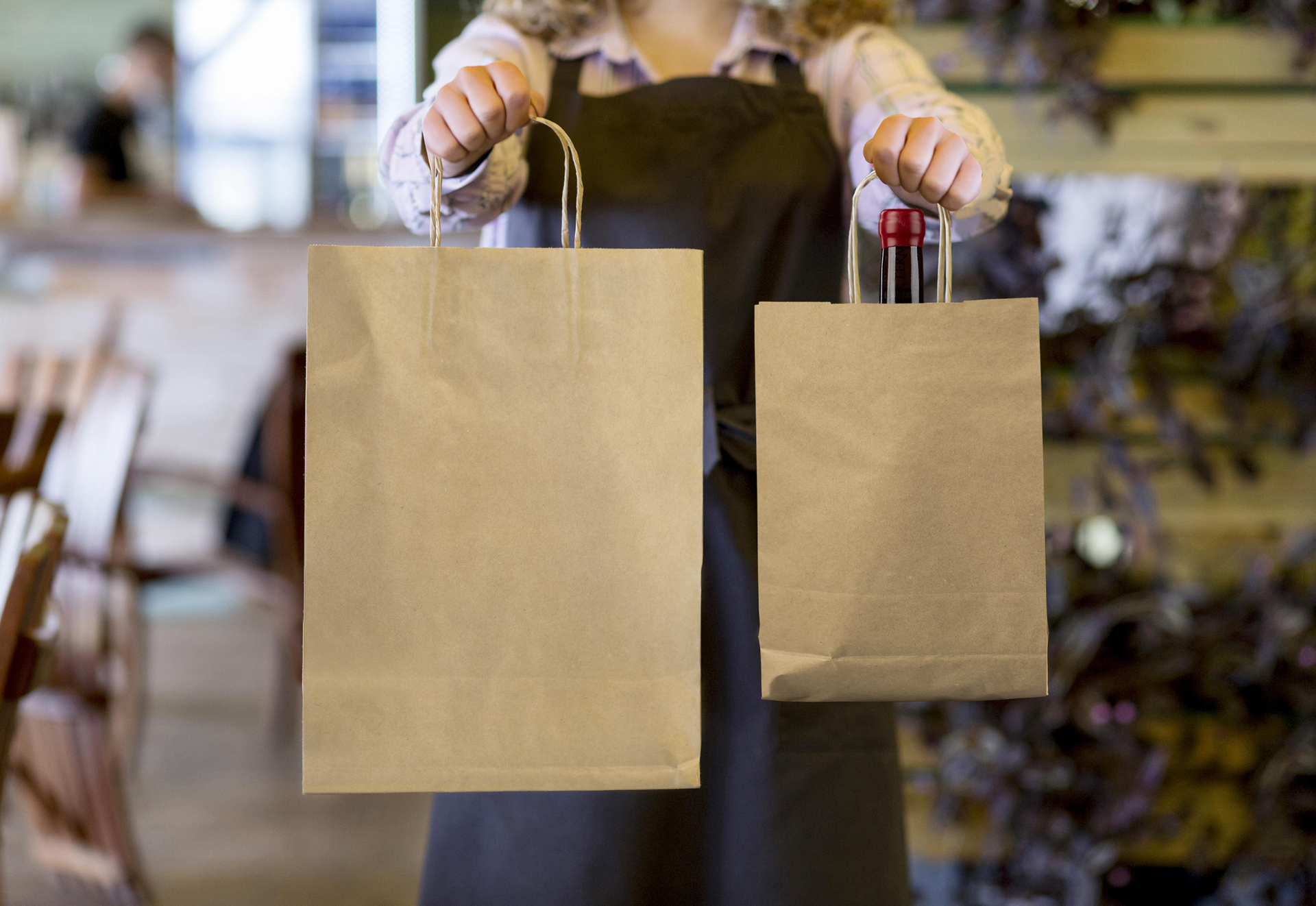What is Alcohol Delivery?
An Overview
The Adult Beverage Alliance is focused on innovation and policy in alcoholic beverage delivery. So, what is alcohol delivery? Alcohol delivery refers to local delivery of alcohol sold by the same merchants from whom consumers typically purchase alcohol. Local delivery of groceries and meals has exploded in recent years, and consumers rely on the convenience of getting everyday items, including alcohol, delivered to their doors. Alcohol sold for delivery is a vital sales channel for grocers, convenience stores, liquor stores, and restaurants, as it increases the scope of their sales options beyond traditional in-store sales.
Alcohol delivery operates within the existing alcohol regulatory framework in all states where it’s allowed, and by doing so, it expands the business opportunities for the entire alcohol distribution chain. In particular, since alcohol sales for delivery are made by the same licensed retailers that have traditionally sold alcohol to consumers, the alcohol three-tier distribution system is undisturbed, and in fact it is bolstered through alcohol delivery. That’s because retailers that sell alcohol for delivery are still operating within their states’ traditional distribution system, typically purchasing alcohol inventory from in-state wholesalers, who have in turn purchased their stock from in-state and out-of-state producers. As a result, alcohol delivery serves to expand the market for the entire industry, without detracting from any tier of the industry or altering the alcohol distribution system that’s been in place for nearly 100 years.
Alcohol delivery operates within the existing alcohol regulatory framework in all states where it’s allowed, and by doing so, it expands the business opportunities for the entire alcohol distribution chain. In particular, since alcohol sales for delivery are made by the same licensed retailers that have traditionally sold alcohol to consumers, the alcohol three-tier distribution system is undisturbed, and in fact it is bolstered through alcohol delivery. That’s because retailers that sell alcohol for delivery are still operating within their states’ traditional distribution system, typically purchasing alcohol inventory from in-state wholesalers, who have in turn purchased their stock from in-state and out-of-state producers. As a result, alcohol delivery serves to expand the market for the entire industry, without detracting from any tier of the industry or altering the alcohol distribution system that’s been in place for nearly 100 years.

Frequently Asked Questions
Where can alcohol be delivered?
Alcohol can currently be delivered to consumers in 40 states. See our map, here. Alcohol delivery refers only to local delivery of alcohol, so the purchaser is in the same state, and almost always in the same local area, as the licensed retailer that sells the alcohol.
Who sells alcohol for delivery?
Who delivers alcohol?
What kinds of alcohol can be delivered?
What other rules apply to alcohol delivery?
Alcohol delivery laws address various issues aimed at regulating the expanding world of alcohol ecommerce and delivery. The types of topics that are often covered in delivery laws include the following:
• Third-party delivery company permitting;
• Age verification requirements;
• Driver education and background screening;
• Use of third-party apps for ordering and payment processing;
• Hours of sale and delivery;
• Quantity limits;
• Geographical limits for local deliveries.